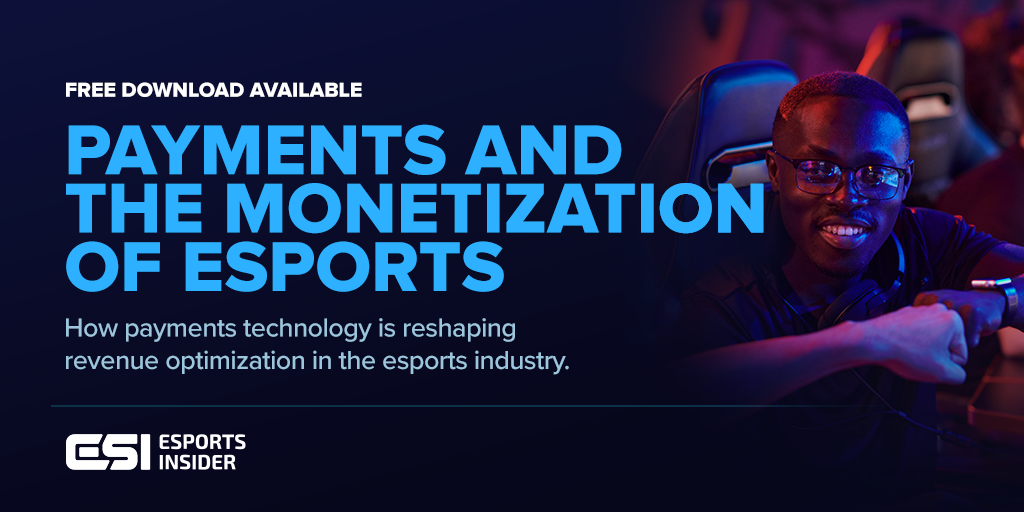
The US District Court of California has dismissed Riot Games’ copyright lawsuit against Mobile Legends: Bang Bang developer Moonton Technology.
The ruling was made after the court granted Moonton’s FNC (Forum non conveniens) motion, which requests that the case should be relocated to a more appropriate court.
According to the court documents, US District Judge Michael Fitzgerald ruled that the case would be better suited taking place in China as opposed to the US. This is mainly due to Riot Games’ parent company, Chinese conglomerate Tencent, being a ‘critical third party’ in the case despite not taking part in the case.
The court document explains that Riot Games and Tencent appear to freely allow each other to use their copyrighted work in their games. So much so, the judge said it is unclear which elements of the games are made by Riot and which by Tencent.
Tencent is also pursuing separate legal action against Moonton in China.
As a result, the judge ruled that it “remains unfair to allow Riot and Tencent to bring a two-front war against Moonton unless and until Tencent decides to show up on both battlefields.”
Riot Games filed the US lawsuit against the Mobile Legends Bang Bang developer in May 2022. The case was due to copyright infringement, with Riot Games claiming that Moonton copied parts of Riot Games’ League of Legends and Wild Rift titles. Some examples provided include similarities between both games’ title artwork and characters.
It was noted that Moonton filed a motion to dismiss the case on August 23rd, 2022. Riot filed an opposition to the FNC claim on September 20th. The official ruling occurred on November 8th after a hearing was held the day before to discuss the motions, which included the FNC motion as well as two other different motions.

This isn’t the first time that Riot Games has filed a lawsuit against Moonton in the US. In 2017, Riot argued in a separate lawsuit that Moonton’s games, such as MLBB, copied League of Legends’ PC game.
The court document reads: “The question is whether circumstances have truly changed from those that existed in 2017 or whether Riot simply seeks a second bite at the apple, unhappy with the progress (or lack thereof) in the still ongoing, parallel China litigation. The Court deems the latter to be the case.”
Riot Games did argue that the company is alleging different infringements from the infringements alleged by Tencent in China. Moreover, the developer stated that ‘certain procedural challenges’ make China an inadequate and highly inconvenient forum, specifically highlighting China’s evidentiary and COVID-19 travel restrictions.
Nevertheless, the court ruled that these circumstances didn’t change the fact that Tencent is seen as a major factor in the case.

